
While some devotees do the nirjala fast, wherein they don't have even a drop of water or a morsel of food throughout the day, most devotees take one meal and limit intake of certain food items. In Hinduism (Sanatan Dharma), food has been categorised into three types - Raajasic food, Taamasic food and Saatvik food. During Navratri, it is advised to avoid the Rajasic and Taamasic foods as they symbolize worldly desires and only satvik food is allowed.
Here are some foods that you must avoid while fasting during Navratri 2017:
1.Non-vegetarian food: Chicken, mutton, fish, lamb, eggs and all animal products are strictly avoided during this time. These fall under the category of Rajasic foods. Devotees who aren't fasting also try to refrain from having non-vegetarian food.
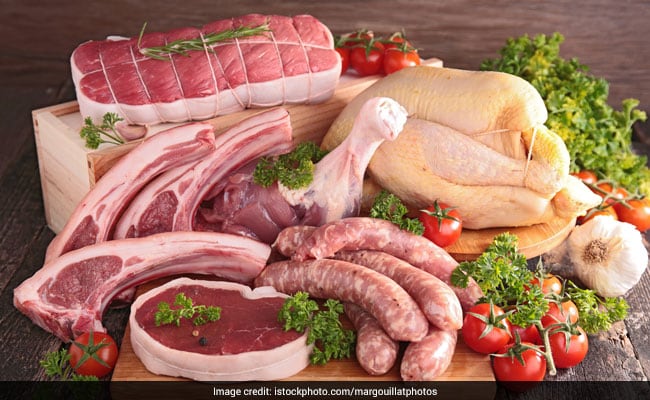
Meat is strictly prohibited in Navratri
2. Onion and Garlic: It is advised to prepare meals without the use of onion and garlic. According to Ayurveda, garlic and onion should be avoided during seasonal change as they are Tamaasic in nature and they tend to heat up your body from within.
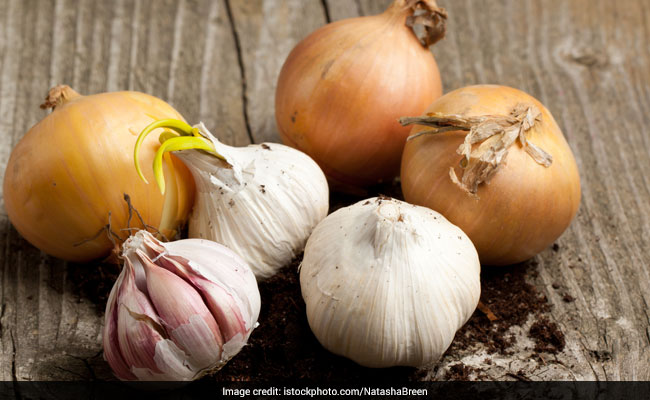
Onion and garlic are also prohibited during navratri
3. Lentils and legumes: Devotees also avoid consuming legumes and lentils while fasting. Vegetables like potatoes, sweet potatoes, arbi, suran, carrots, cucumber and bottle gourd (lauki) are permissible.
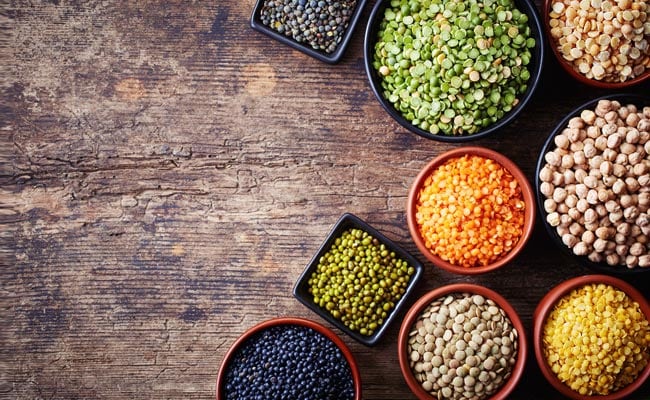
Lentils are also avoided during navratri
4.Table salt: You cannot to regular processed salt for preparing your meals and instead you can opt for pure rock salt (sendha namak).
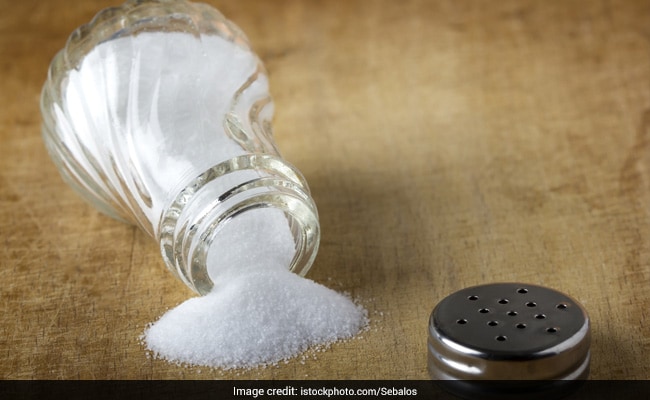
5. Spices: There are certain spices which are commonly avoided during the Navratri fasts. These include turmeric (haldi), asafoetida (hing), mustard (sarson or rai), fenugreek seeds (methi dana) and garam masala. Cumin (jeera), green chillies, black pepper and ajwain can be used instead to flavour your food.
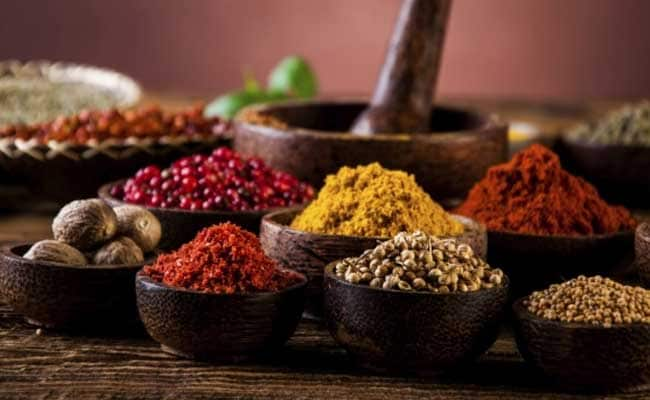
There are certain spices which are commonly avoided during the Navratri fasts
6.Regular Flour: Several types of flours including cornflour, rice flour, all purpose flour, whole wheat flour, gram flour and semolina are avoided during fasting. You can use buckwheat flour (kuttu) or water chestnut flour (singhare ka atta) instead. Here are certain Kuttu recipes that you would love to try and explore during Navratri.
7. Regular Rice: You cannot have your regular rice during the Navratri fasts. You can use the special vrat ke chaawal, popularly known as Samak ke Chawal for your daily meals.
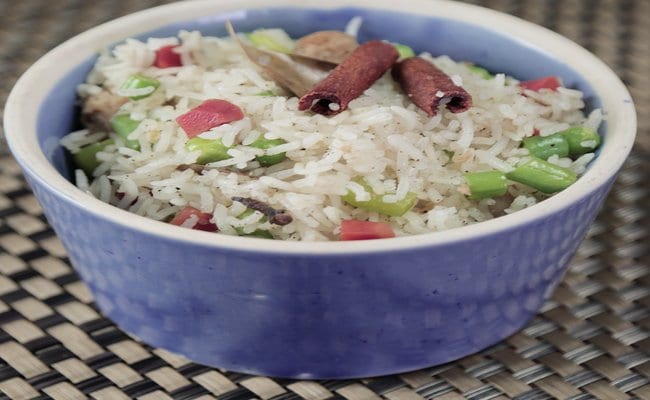
You cannot have your regular rice during the Navratri fasts.
Photo credits: NDTV BEEPS
8. Aerated beverages and alcohol: If you are fasting, you are also required to steer clear of aerated beverages and alcohol. Many devotees who aren't fasting also keep away from drinking alcohol and smoking as a mark of devotion to the Goddess.
Happy Sharad Navratri 2017!
Track Latest News Live on NDTV.com and get news updates from India and around the world

